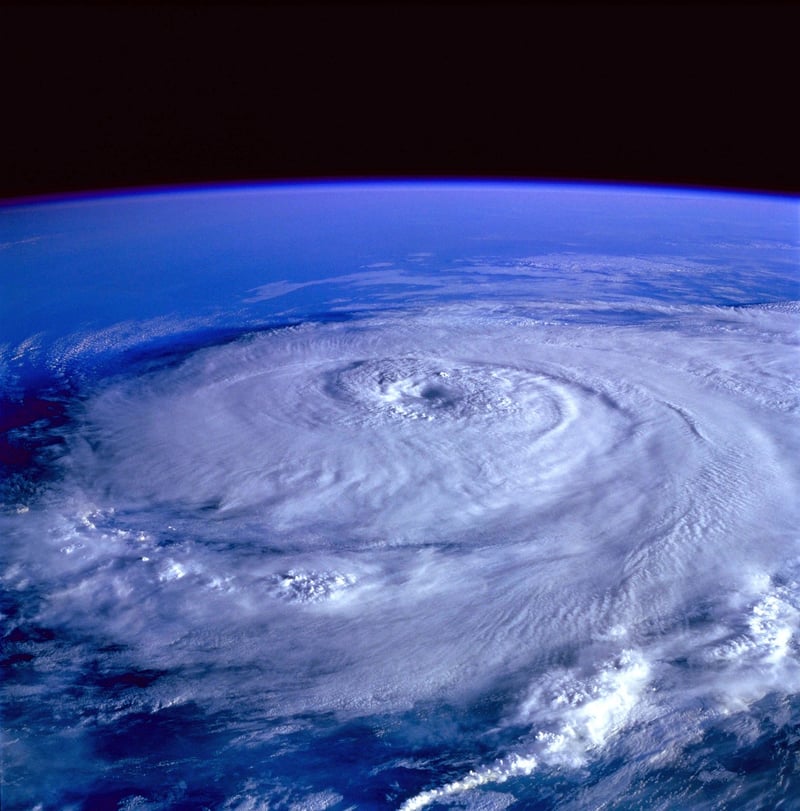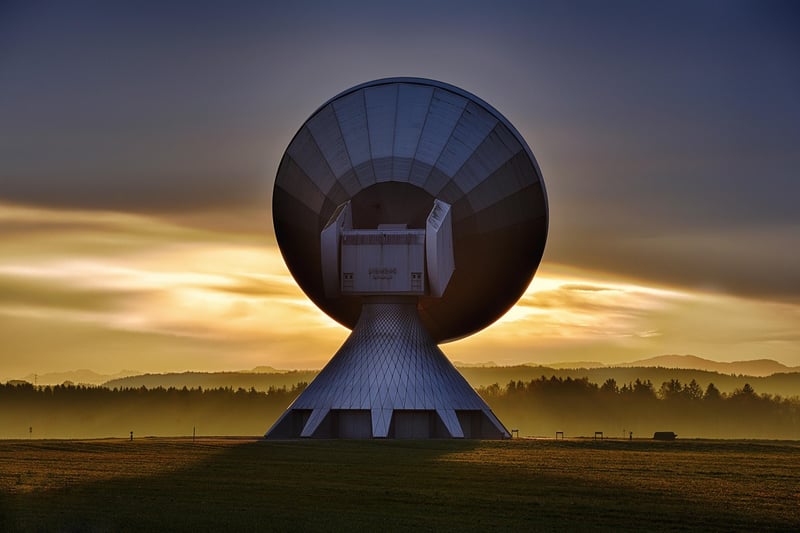Satellite Deployments
The Future of Space Exploration: Unmanned Missions and Satellite Deployments
As humanity continues to push the boundaries of space exploration, unmanned missions and satellite deployments play a crucial role in expanding our knowledge of the universe. From exploring distant planets to improving global communication networks, these technologies are revolutionizing how we interact with outer space.
Unmanned Missions: Expanding Our Horizons
Unmanned missions, often conducted by robotic spacecraft, allow us to reach places beyond the capabilities of human astronauts. These missions are instrumental in studying celestial bodies such as Mars, Jupiter, and Saturn, providing valuable data about their composition, atmosphere, and potential for supporting life.
One of the most notable unmanned missions is the Mars Rover program, which has sent robotic explorers to the red planet to conduct experiments, analyze soil samples, and search for signs of ancient life. These missions have greatly expanded our understanding of Mars and paved the way for future manned missions to the planet.
Satellite Deployments: Enhancing Connectivity
Satellites play a vital role in modern society, facilitating communication, navigation, weather forecasting, and scientific research. Satellite deployments involve launching these artificial objects into orbit around the Earth or other celestial bodies to perform specific functions.
Global navigation systems like GPS, weather monitoring satellites, and communication satellites are just a few examples of how satellite deployments benefit humanity. These technologies enable real-time communication across vast distances, accurate weather predictions, and seamless navigation for vehicles and ships.
The Intersection of Unmanned Missions and Satellites
Unmanned missions often rely on satellites for communication, data transmission, and navigation. Satellites orbiting Earth provide crucial support to robotic spacecraft exploring other planets, ensuring that scientists receive real-time data and can control the missions effectively.
Furthermore, satellite deployments are essential for maintaining a network of communication satellites that enable us to stay connected globally. These satellites relay signals from unmanned missions back to Earth, allowing us to witness the wonders of space exploration in real-time.
The Future of Space Exploration
As technology continues to advance, unmanned missions and satellite deployments will play an increasingly important role in our quest to explore the cosmos. From sending probes to distant asteroids to deploying new generations of communication satellites, the future of space exploration is bright and filled with possibilities.
Together, unmanned missions and satellite deployments will continue to push the boundaries of human knowledge, inspire future generations of scientists and engineers, and pave the way for humanity's continued exploration of the final frontier.


